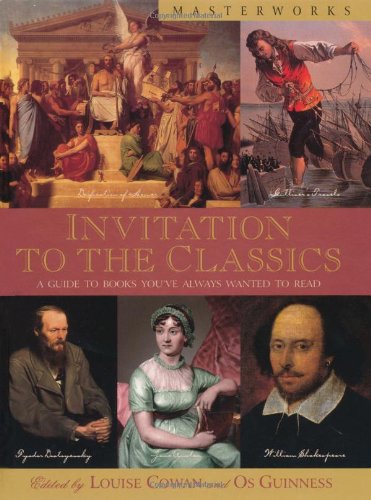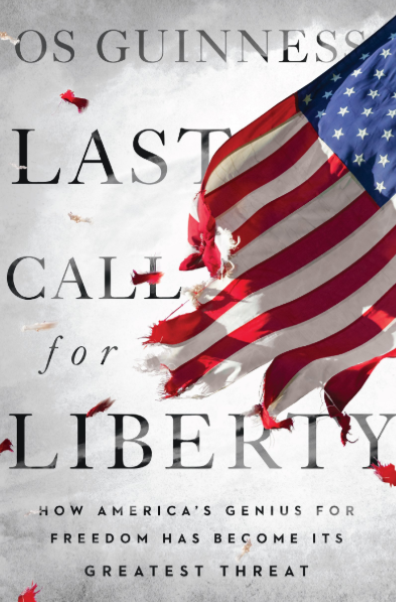2016 Christianity Today Book of the Year in Apologetics/Evangelism
One of Desiring God’s Top 15 Books of 2015
Hearts & Minds Bookstore’s Best Books of 2015, Social Criticism and Cultural Engagement
In our post-Christian context, public life has become markedly more secular and private life infinitely more diverse. Yet many Christians still rely on cookie-cutter approaches to evangelism and apologetics. Most of these methods assume that people are open, interested and needy for spiritual insight when increasingly most people are not. Our urgent need, then, is the capacity to persuade—to make a convincing case for the gospel to people who are not interested in it.
In his magnum opus, Os Guinness offers a comprehensive presentation of the art and power of creative persuasion. Christians have often relied on proclaiming and preaching, protesting and picketing. But we are strikingly weak in persuasion—the ability to talk to people who are closed to what we are saying. Actual persuasion requires more than a one-size-fits-all approach. Guinness notes, “Jesus never spoke to two people the same way, and neither should we.”
Following the tradition of Erasmus, Pascal, G. K. Chesterton, C. S. Lewis, Malcolm Muggeridge and Peter Berger, Guinness demonstrates how apologetic persuasion requires both the rational and the imaginative. Persuasion is subversive, turning the tables on listeners’ assumptions to surprise them with signals of transcendence and the credibility of the gospel.
This book is the fruit of forty years of thinking, honed in countless talks and discussions at many of the leading universities and intellectual centers of the world. Discover afresh the persuasive power of Christian witness from one of the leading apologists and thinkers of our era.



